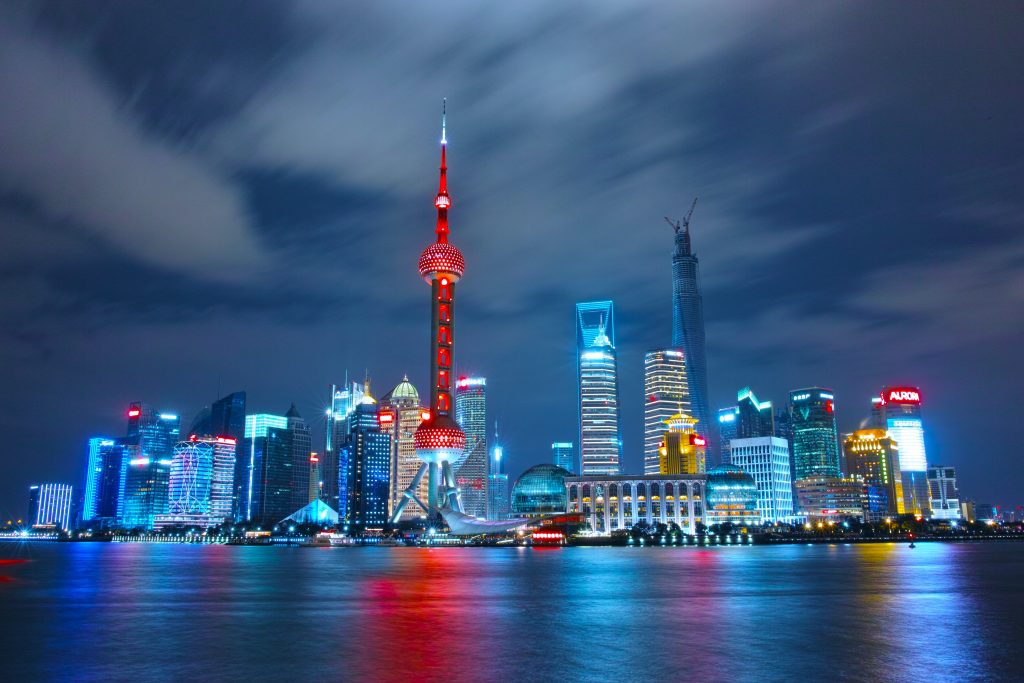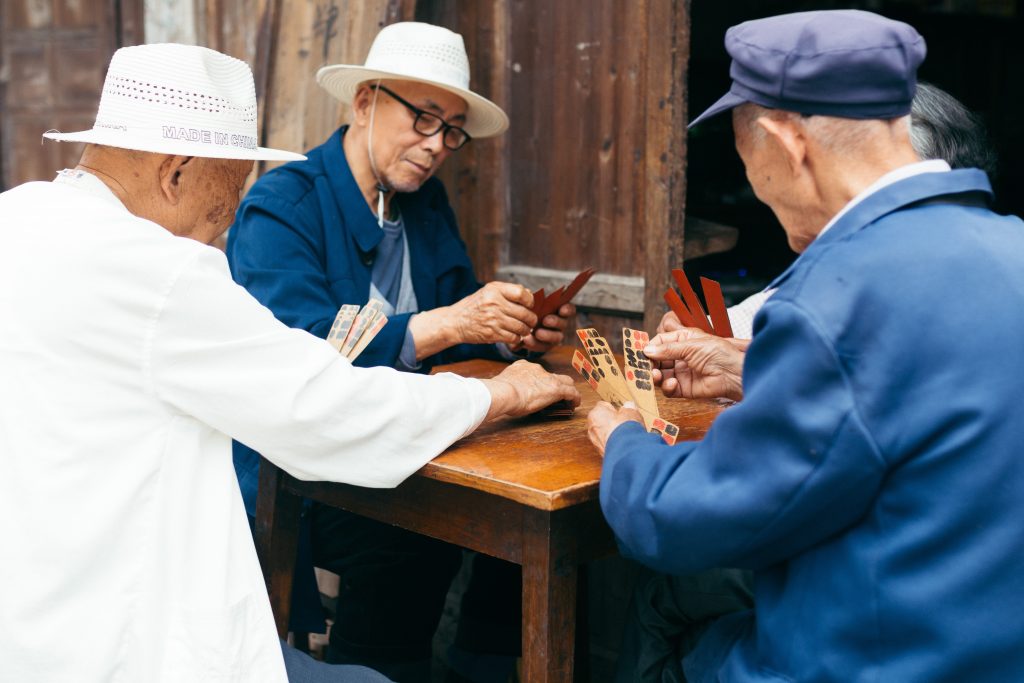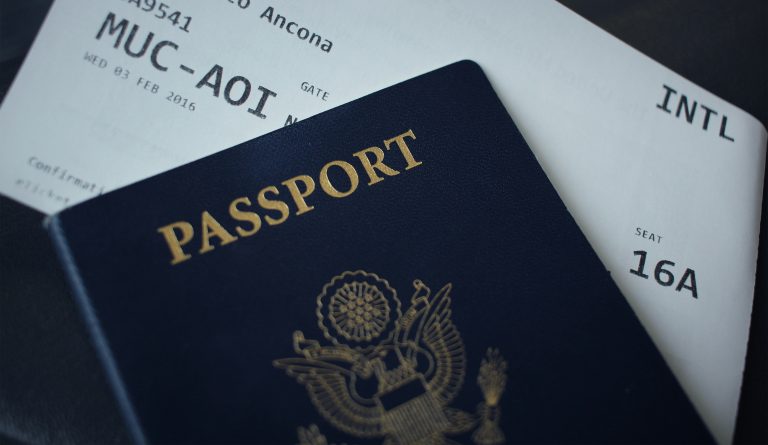When expanding abroad, learning about various cultures becomes crucial to attracting and retaining talent. With a population of over 1.4 billion people and home to a range of ethnic groups and religions, China is the world’s most populous country. With China’s labour force being so diverse, the country’s working and business cultures are distinct from those of other countries. If you are considering expanding to China, here are some things you should know about China’s working culture.

Working Hours
China has a wide spectrum of job prospects and every industry has its own set of working hours, however, these are not set in stone and are determined by each organization.
Public Institutions
Places such as schools and public institutions are typically open from 8 a.m./8.30 a.m. to 5 p.m./5.30 p.m. with a two-hour lunch break in between and are generally closed on weekends and public holidays.
Banks and Post Offices
Except for Sundays and public holidays, banks and post offices are open from 9 a.m. to 5 p.m. every day of the year; however, business hours may be shortened on Saturdays. Their lunch breaks are typically 2 to 2 1/2 hours long.
However, most establishments close early in the afternoon on the Eve of Chinese New Year (which falls in January or February) along with other important Public holidays to return to their hometown to celebrate.
Tech companies
Employees of tech companies are often obliged to work longer hours to keep up with the competitiveness of fast-growing technology. As a result, the 996 working hour system was proposed, in which employees work from 9 a.m. to 9 p.m. six days a week, for a total of 72 hours per week. Aside from that, there are also different terms used for types of overtime, such as ‘8106,’ which requires employees to work from 8 a.m. to 10 p.m. six times a week, and ‘997,’ which requires employees to work from 9 a.m. to 9 p.m. seven times a week.
Sleeping on the job


Although napping at work would be considered unprofessional in many other countries, it is now encouraged in China with companies advising staff to take a power nap after lunch to boost productivity due to the long working hours that they have to endure.
Hierarchy
Most Chinese Businesses are either administered by the government or owned by families. The Chinese place a high value on work hierarchy. This means that instead of calling your manager or Chairperson “Mr. Chen” or “Miss Chen”, we should address them as “Manager Chen” or “Chairman Chen,” depending on their position at work. This is because the Chinese believe that everyone has worked hard to achieve their position, hence, they should be addressed with respect.
Importance of building relationships


Collectivism VS Individualism
According to the Hofstede cultural dimension, China’s individualism score is 20, indicating that it is a collectivist culture. In China, teamwork is highly valued at work and people believe that working together to achieve a common objective is the best working style. Companies frequently push employees to get to know one another personally. Activities such as company dinners, KTV sessions or even travelling are frequently organized. They believe that doing so will help them develop stronger bonds.
Concept of ‘Guanxi’(关系)
In China, it is typical to form relationships when doing business. Personal questions like “How much do you get paid” or “What is your religion” may seem intrusive, but they help build trust. This is known as “guanxi” (关系) Guanxi, which means “relationship” or “connection,” is the act of giving and taking that many Chinese people engage in when conducting business. Networking is one of the most significant components in business in China, as it is in the rest of the globe. Guanxi is a long-term commitment. Businesspeople frequently invest a significant amount of time and money to benefit themselves.
Although guanxi comes with a high cost, it is still widely used in China. In the long run, it is more cost-effective and would benefit the company financially. The more networks and partnerships built, the better.
Global People is a leading local employment solutions provider for national and international corporations and can advise and escort you in your next destination.






